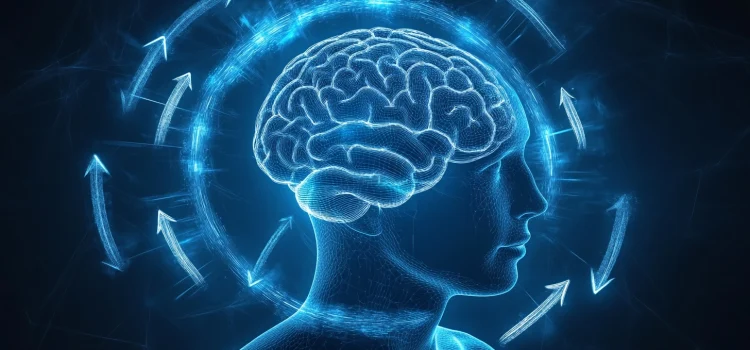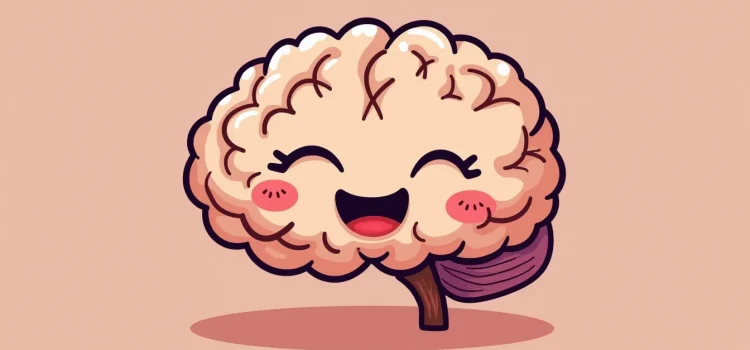Do you doubt yourself a lot at work? Do you think you’re unworthy of everything you’ve accomplished? According to Jemma Roedel, many women struggle with imposter syndrome in the workplace. Some of the effects include fear of being revealed as a fraud and believing you’re not worthy of your achievements. Discover more about these effects of imposter syndrome to see if you have it.
What to Know About the Effects of Imposter Syndrome










